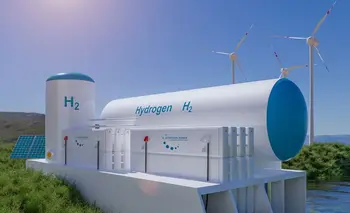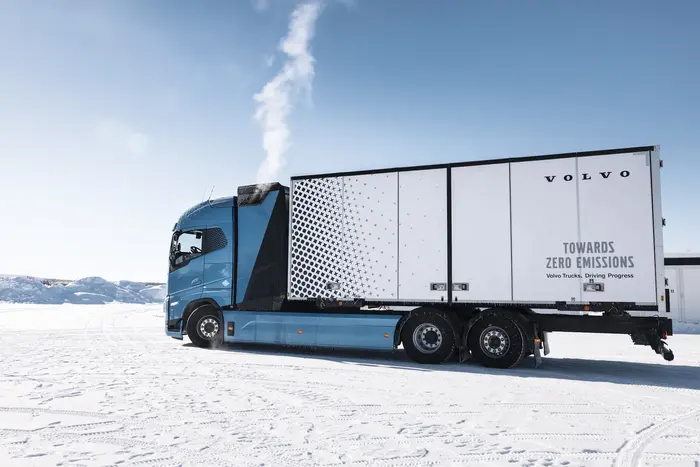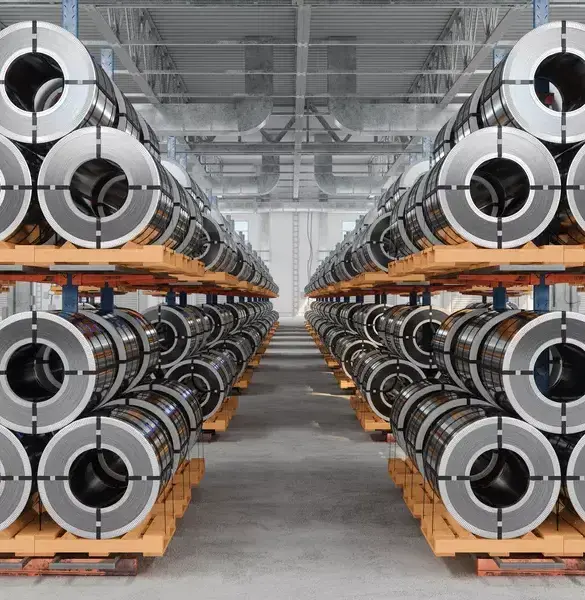Trucks are one of the most important means of goods transport in the European Union, accounting for almost a quarter of all tonne-kilometres7. Finding more environmentally friendly solution is necessary, therefore hydrogen truck manufacturing and fuel station construction is underway in Europe. It’s led by companies like Nikola, Iveco and Volvo. The future might come sooner than later, as Volvo tested hydrogen-powered trucks in May 2023 on public roads. The company expects to begin its commercial production in the second half of the decade.8 The main challenge to the hydrogen trucks actually might come from eTrucks, which are also under development by many other companies. They could use already existing charging infrastructure, which is a very important factor for automotive industry. On top of that, the well-to-wheel efficiency of modern electric cars is between 70 and 90 percent, while hydrogen fuel cells allow for 25 to 35 percent9, which presents a significant obstacle.
7 Source: European Commission.
8 Source: Volvo.
9 Source: InsideEVs.




